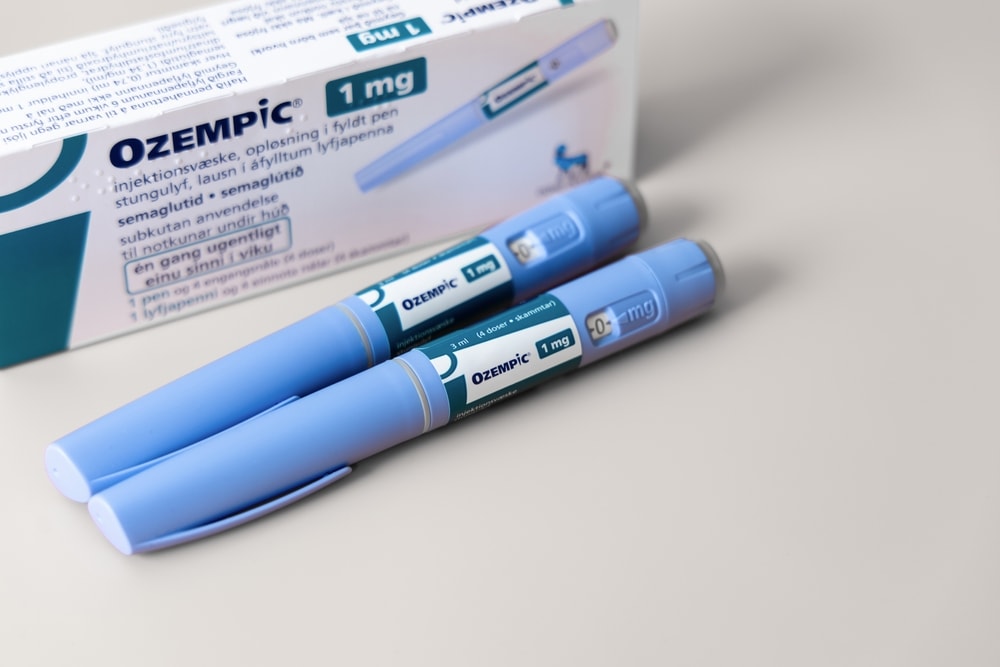For certain rare diseases, there are so few recorded cases in medical literature that it limits the feasibility of clinical drug development programs. To overcome this, the general disease class is captured as a whole to increase the available patient pool for study.
What Are Lysosomal Storage Disorders?
Lysosomal storage disorders (LSDs) are a large group of 70 genetic disorders characterized by lysosomal dysfunction, including Fabry, Gaucher, and Pompe diseases; although individual occurrences are rare, when taken together, approximately 1 in 5000 live births are affected, most often by autosomal recessive inheritance. The lysosome is an organelle responsible for macromolecule breakdown, but its dysfunction results in the accumulation of unwanted cell materials, impeded cellular transport, and impaired anti-inflammatory immune function.
Gaucher disease (GD) is the most common LSD and is caused by mutations in the GBA gene. Depending on the subtype, it can cause brain damage, cytopenia, and abnormal enlargement of organs. Fabry disease (FD) has an x-linked hereditary pattern for mutations in the GLA gene. Its clinical presentation can result in widespread symptoms which span the patient’s renal, cardiovascular, and neurological systems. Pompe disease (PD) occurs due to mutations in the GAA gene, causing glycogen accumulation. The lack of glycogen breakdown, especially in the muscle cells, can then result in cardiac and respiratory failure.
Current treatments for these three common LSDs, as well as others, include numerous small-molecule drugs which target affected enzymes and their substrates, as well as gene therapy and stem cell transplantation options. Aside from these, making new drug discovery findings with rare disease trials is especially difficult because of their unique limitations. However, sponsors and contract research organizations (CROs) can gain a better understanding of LSDs by factoring in the following three major considerations.
1 | Improving Patient Recruitment
Because the nature of rare diseases like LSDs inherently makes patient recruitment into clinical trials all the more challenging, patients and their families should be presented with investigational treatment options early on after diagnosis. Although combining individual LSDs noticeably increases the target population pool, it also introduces wide heterogeneity that makes choosing a homogenous, representative patient group more difficult. Enrichment strategies to reduce variability may include implementing more than one patient cohort, offering transportation assistance to widen the region of recruitment, or selecting patients based on specific disease characteristics. Recruitment strategies can include developing partnerships with patient advocacy groups like the Lysosomal Disease Network to strengthen a trial’s credibility, as well as utilizing rare disease patient registries to take advantage of existing clinical data.
2 | Developing Relevant Endpoints
Another notable challenge when conducting LSD clinical trials is the difficulty of developing specific, well-defined endpoints because rare diseases like these typically are typically not well-understood in medical research. In the case of LSDs like GD, FD, and PD, where sample sizes may not be large enough, researchers can benefit from relying on qualitative data to detect changes in clinical treatment responses. Patient- and caregiver-reported outcomes also provide valuable insight into which needs are not yet being met, which can help sponsors identify subjective clinically meaningful outcomes related to patient functioning, like symptom burden and quality of life. Given the variable correlations between genotypes and phenotypes in GD, FD, and PD, qualitative PROs may be designed as composite measures to account for differing patient disease experiences. Although, aside from efficacy outcomes, LSD trials should include as many safety endpoints as needed to ensure proper patient monitoring, especially because the natural history of these diseases is poorly characterized.
3 | Optimizing Study Designs
Because GD, FD, and PD clinical presentations can vary significantly by disease severity and symptom burden to patients, designing clinical trials to study them further requires multiple considerations. First, choosing to run a controlled comparative trial, although ideal, may not always be possible given the inherent heterogeneity of LSDs. Depending on the sponsor’s or CRO’s eligibility criteria, external controls taken from a natural history group may be necessary, or the patient can act as their own control by comparing pre-and post-treatment data. Adaptive study designs are also an option for underpowered LSD studies, but researchers should account for expected study duration timelines to help determine whether such a complex approach is feasible long-term. Lastly, designing a patient-centric protocol will also help improve patient retention, a factor equally as valuable as patient recruitment in rare disease trials. Strategies such as offering transportation assistance, remote or home-based study evaluations, and minimizing the number of procedures can help make these studies more accessible to patients.
Rare Disease CRO
Rare disease clinical trials are notably challenging for sponsors and CROs to conduct, but incorporating these considerations can improve the chances of achieving success in clinical drug development for GD, FD, and PD. Vial is a full-service CRO that recognizes the central role of technology in advancing our understanding of rare diseases and is paving the way for modernized clinical research through digital innovation. Trusted by leading sponsors, our specialized teams deliver shorter study timelines, quality affordable services, and a clinical trial experience that puts you first. Contact a team member today to discover how the Vial Rare Disease CRO can help!



